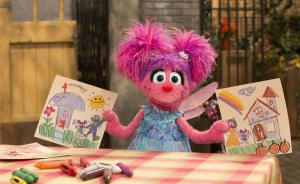There has been much study of the factors that contribute to divorce adjustment, but in general most scientists have overlooked the religious aspects of divorce. This is surprising considering that most Americans report believing in God and many regularly attend religious services. Kumrei and colleagues recently correct for this oversight and report on a study that explores the spiritual stress and coping experiences of divorcing individuals.
The scientists tested a theoretical model of how religious ideas and spiritual strategies may influence divorce outcomes. Based on previous theories of stress and coping, the researchers began with the idea that divorcing individuals’ views of divorce may be viewed from a religious perspective. In particular, divorce may be interpreted as a sacred loss and desecration. Kurmrei and colleagues suggest that when people view divorce initially in negative terms, this belief is likely to lead to more divorce adjustment problems. Additionally, the scientists suggest there are both positive and negative forms of religious coping with divorce. The positive forms such as relying on prayer, private religious rituals or worship to overcome feelings of anger, hurt and fear will lead to better adjustment. On the other hand, negative forms of religious coping such as viewing divorce as a punishment from God, experiencing tension with one’s religious community or spiritual guilt would contribute to more difficulties in adjusting to divorce.
As might be expected those individuals who viewed divorce as a sacred loss were more depressed and were more likely to use poor conflict resolution strategies. The more negative religious coping a person used the more likely they were to be depressed one year following divorce and the more positive religious coping they used predicted more growth a year later. These findings remained important even when other forms of non-religious positive coping such as problem-solving, use of humor, planning, and acceptance were taken into account.
For more see Huffington Post summary…..
